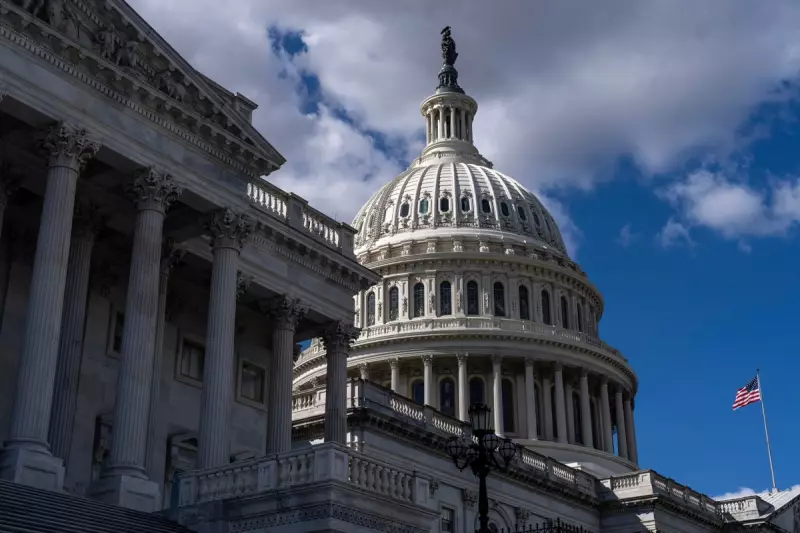
A damning federal investigation has uncovered severe deficiencies within the US Department of Housing and Urban Development's (HUD) oversight of affordable housing, following explosive whistleblower revelations that threaten the stability of millions of low-income Americans.
Systemic Failures Exposed
The Office of Special Counsel has confirmed that HUD failed to adequately monitor its affordable housing portfolio, potentially jeopardising the living conditions of countless vulnerable tenants. The investigation revealed that the department consistently neglected to conduct mandatory physical inspections of properties, allowing potentially hazardous living conditions to persist unchecked.
Whistleblower Protection Victory
At the heart of this scandal stands Ashok Varadhan, a courageous housing policy expert from Washington University who first raised concerns about these critical lapses. After facing initial resistance, Mr Varadhan has now received federal whistleblower protection, validating his claims and ensuring he cannot face retaliation for speaking truth to power.
Congressional Response
The House Oversight Committee has taken notice of these alarming findings, with representatives expressing grave concerns about HUD's management of the $70 billion affordable housing programme. Committee members are now demanding immediate reforms and accountability measures to address what they describe as "systemic breakdowns" in federal housing oversight.
National Implications
This investigation raises serious questions about the effectiveness of federal housing programmes designed to protect America's most vulnerable citizens. With affordable housing already in crisis across many US cities, these findings suggest that government failures may be exacerbating an already dire situation for low-income families and individuals.
Path Forward
HUD officials have acknowledged the findings and pledged to implement corrective measures, though housing advocates remain sceptical about whether meaningful change will occur without continued congressional pressure and public scrutiny.





